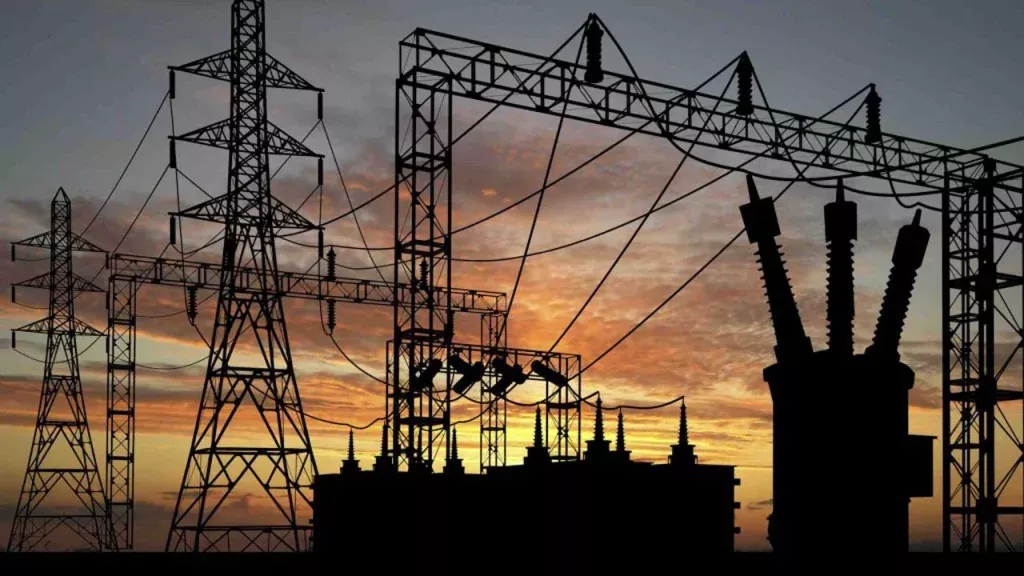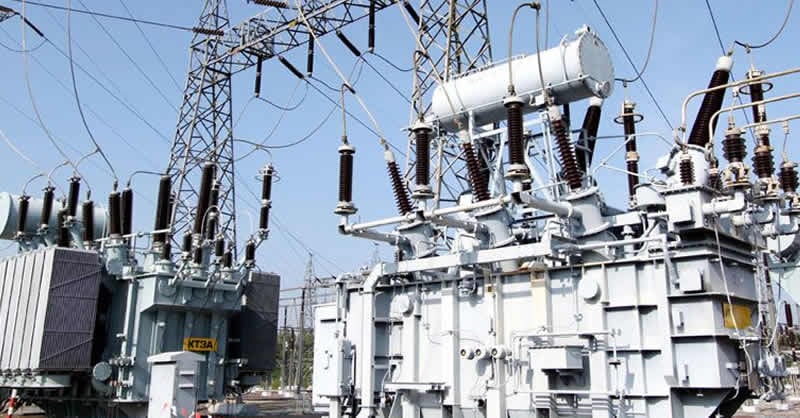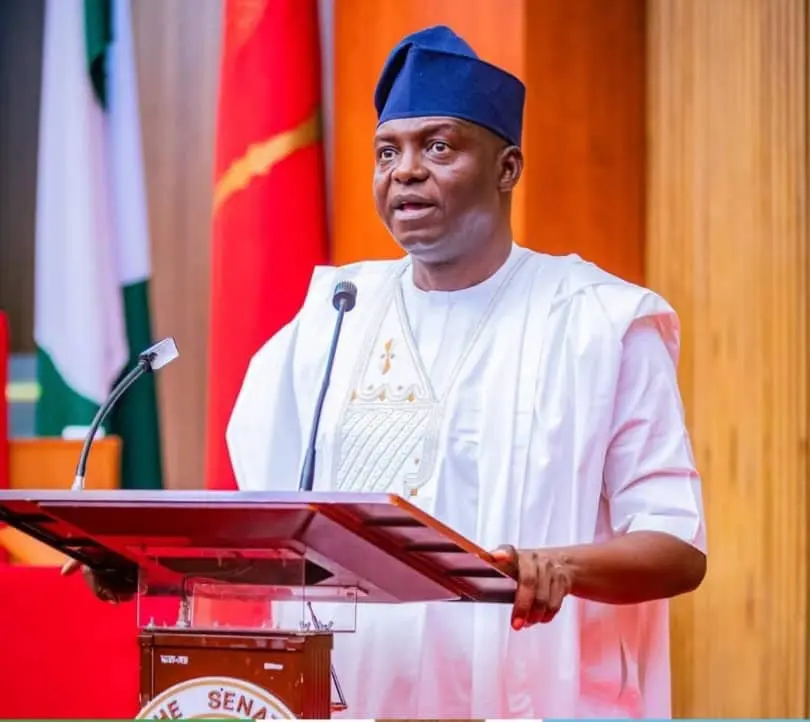The Central Bank of Nigeria’s Monetary Policy Committee has decided to maintain the benchmark interest rate at 27 percent. This decision was announced by CBN Governor Olayemi Cardoso following the committee’s 303rd meeting in Abuja.
The committee also chose to keep all other monetary policy indicators unchanged. The Cash Reserve Ratio remains at 45 percent for commercial banks and 16 percent for merchant banks. Additionally, the 75 percent CRR on non-TSA public sector deposits was maintained. The Liquidity Ratio was retained at 30 percent, and the Standing Facilities Corridor was adjusted to +50/-450 basis points around the Monetary Policy Rate.
This decision comes as Nigeria experiences its seventh consecutive month of declining inflation, with the rate easing to 16.05 percent in September 2025. The retention of the interest rate at 27 percent is a significant development in the country’s monetary policy, particularly given the current economic trends.
The Central Bank of Nigeria’s decision to maintain the status quo on monetary policy indicators suggests a cautious approach to managing the economy. The Cash Reserve Ratio, which requires banks to hold a certain percentage of their deposits in reserve, remains unchanged. This move is likely intended to maintain stability in the banking sector and ensure that banks have sufficient liquidity to meet their obligations.
The adjustment to the Standing Facilities Corridor, which provides a range for the central bank’s lending and borrowing rates, is also noteworthy. This change may influence the overall direction of interest rates in the economy, affecting borrowing costs for individuals and businesses.
As Nigeria continues to navigate its economic challenges, the Central Bank’s decisions will be closely watched. The retention of the interest rate at 27 percent, combined with the other unchanged monetary policy indicators, will likely have significant implications for the country’s economic trajectory. With inflation on a downward trend, the Central Bank’s next moves will be crucial in determining the pace of economic growth and stability in the coming months.



